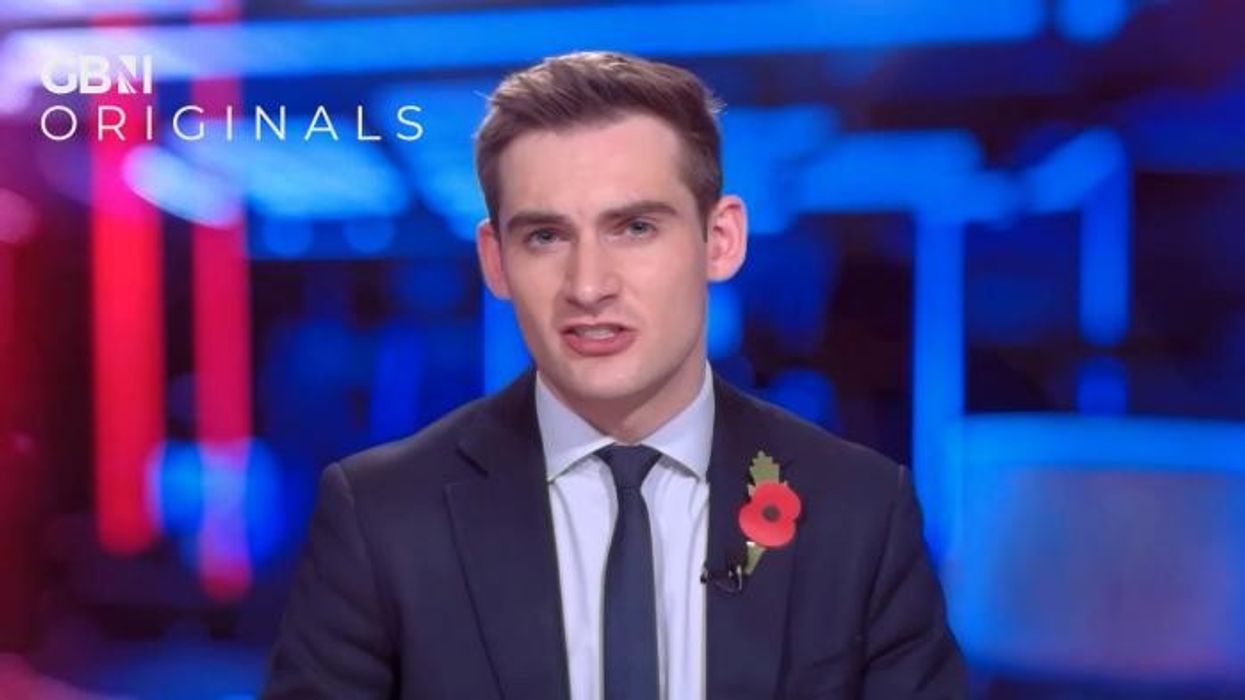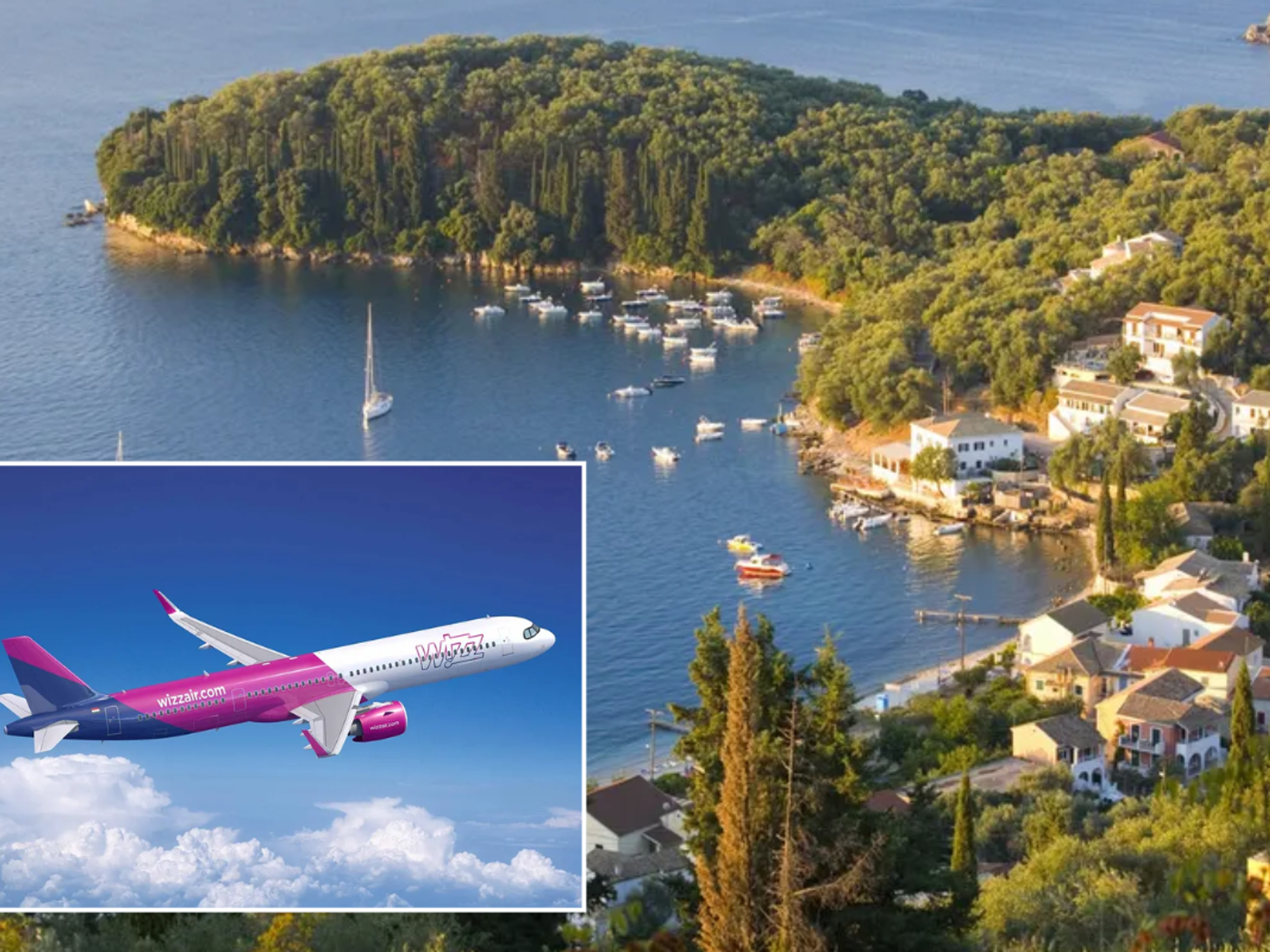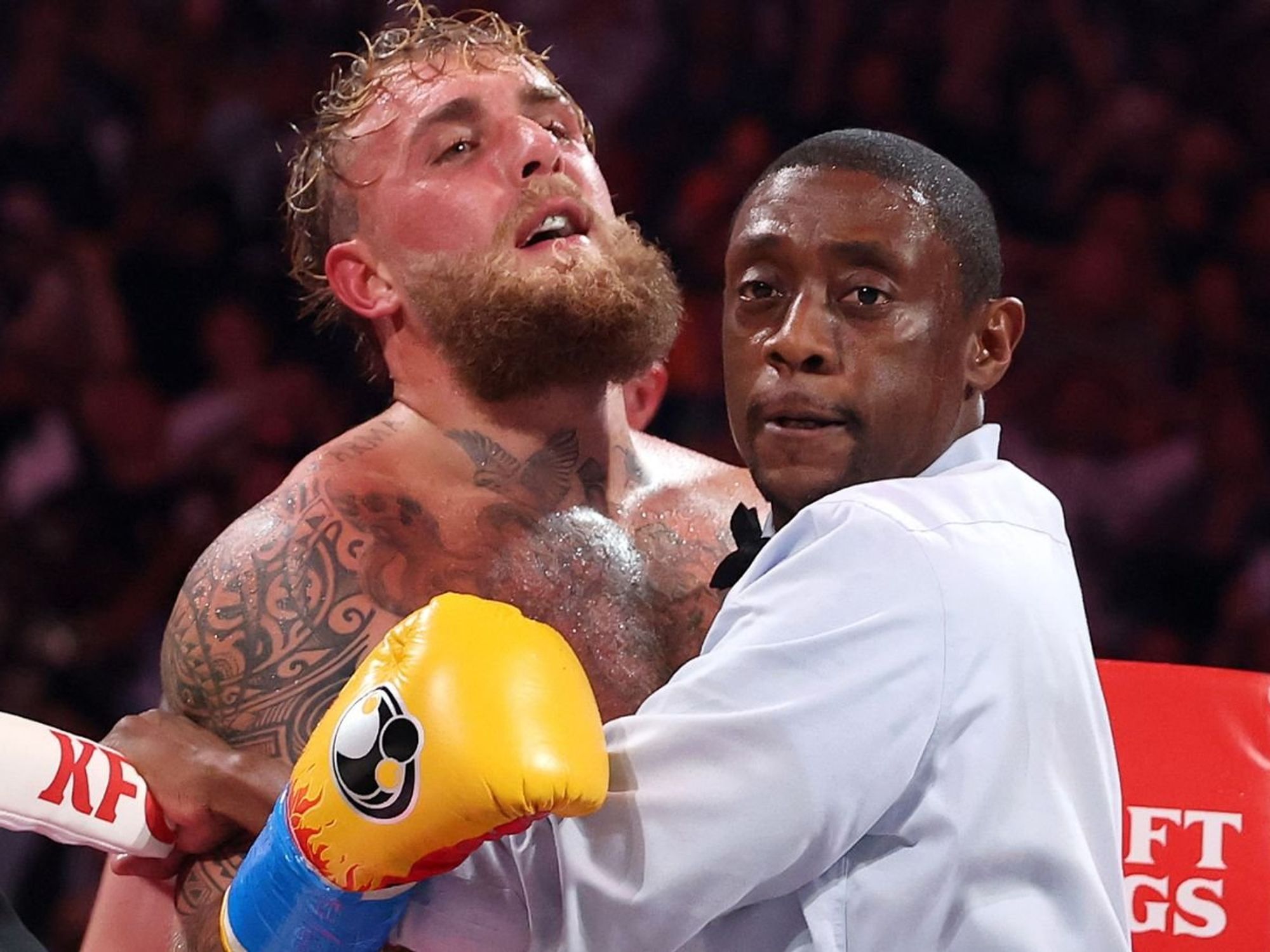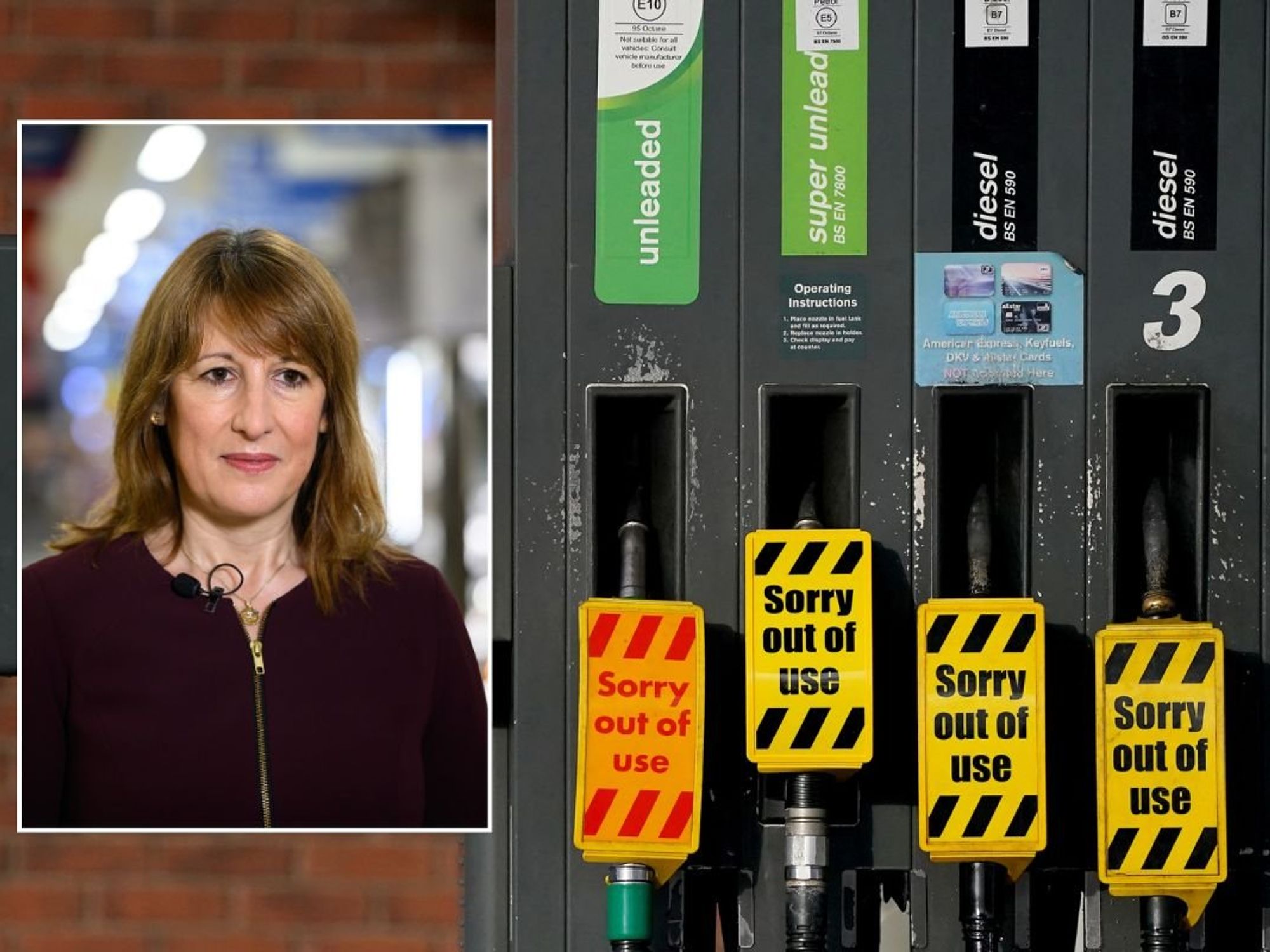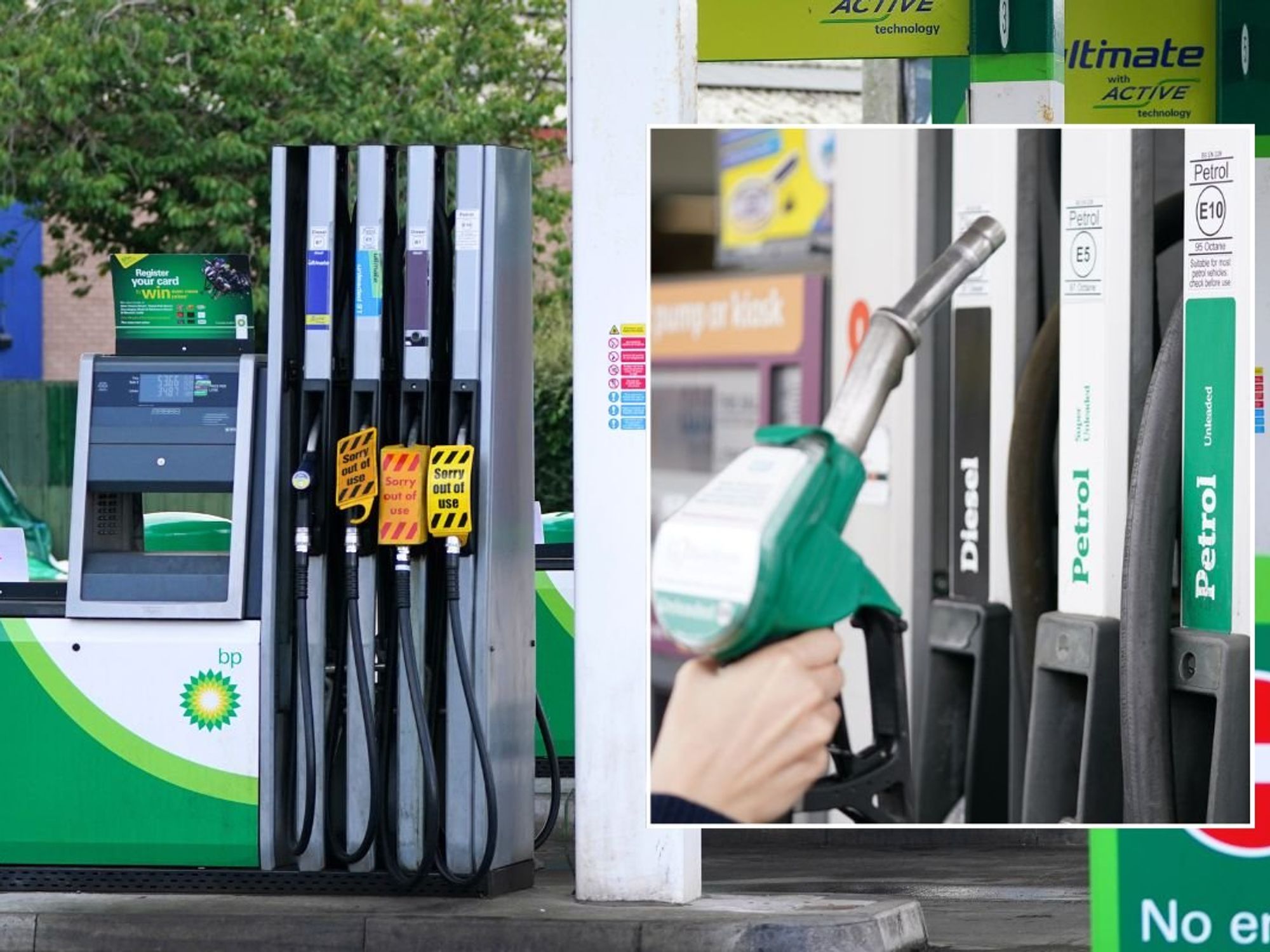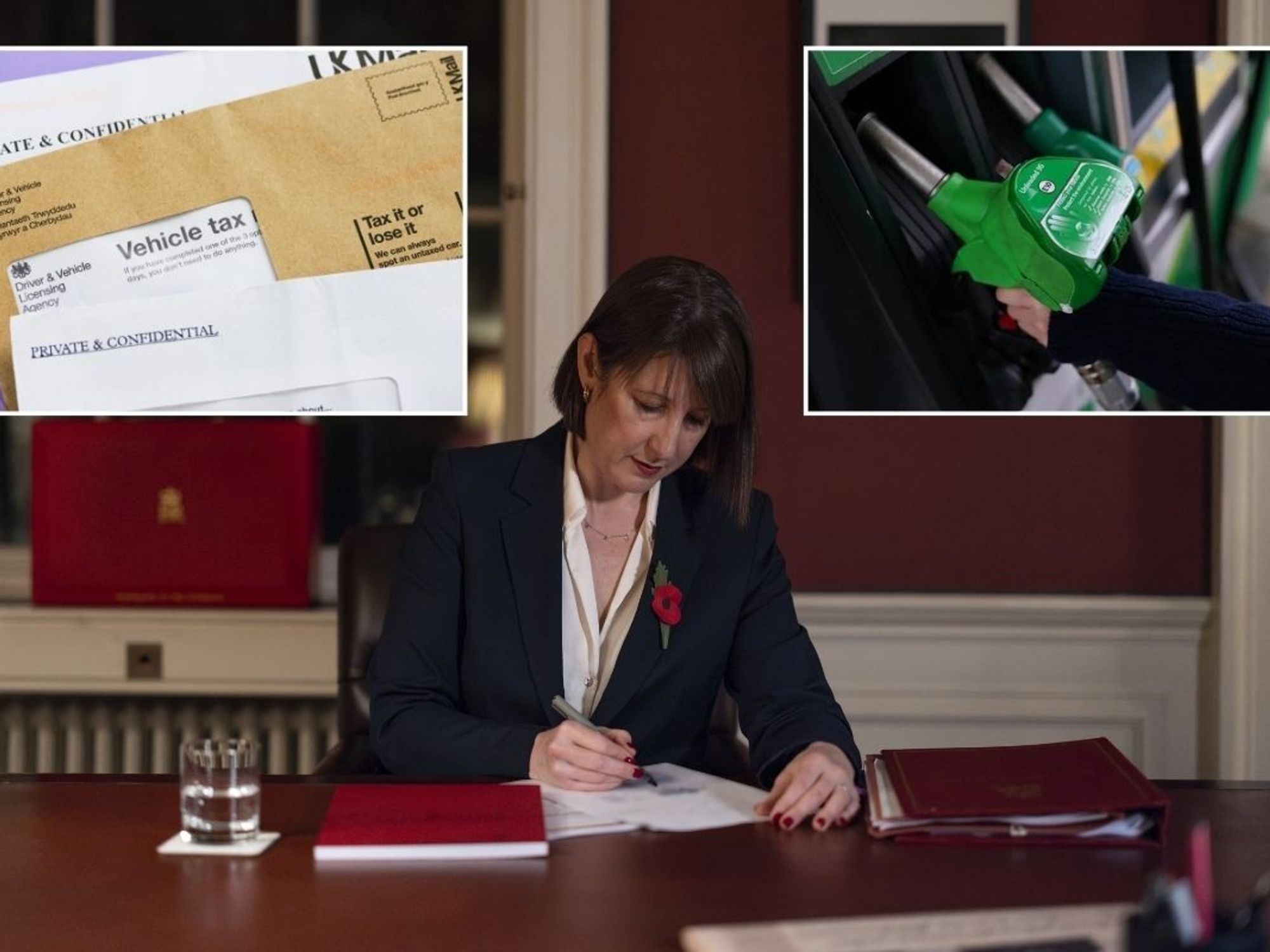British drivers overwhelmingly reject pay-per-mile car tax changes and fuel duty hikes ahead of Budget

It has been estimated that the Treasury has spent more than £130billion freezing the rate of fuel duty since 2011
Don't Miss
Most Read
The overwhelming majority of drivers and Labour voters have called on the Government to freeze or cut fuel duty in tomorrow's Budget, according to a major new report.
Over 80,000 road users took part in a survey which found that 92 per cent of people do not want to see a hike in fuel duty. A further third say they want a cut.
A total of 19 in 20 drivers who voted for Labour said they want a freeze or cut with the "regressive" tax on the sale of petrol and diesel at the forecourts.
Many are expecting Chancellor Rachel Reeves to make an announcement regarding the future of fuel duty, with the 5p per litre freeze expected to expire next March.
Do you have a story you'd like to share? Get in touch by emailing motoring@gbnews.uk
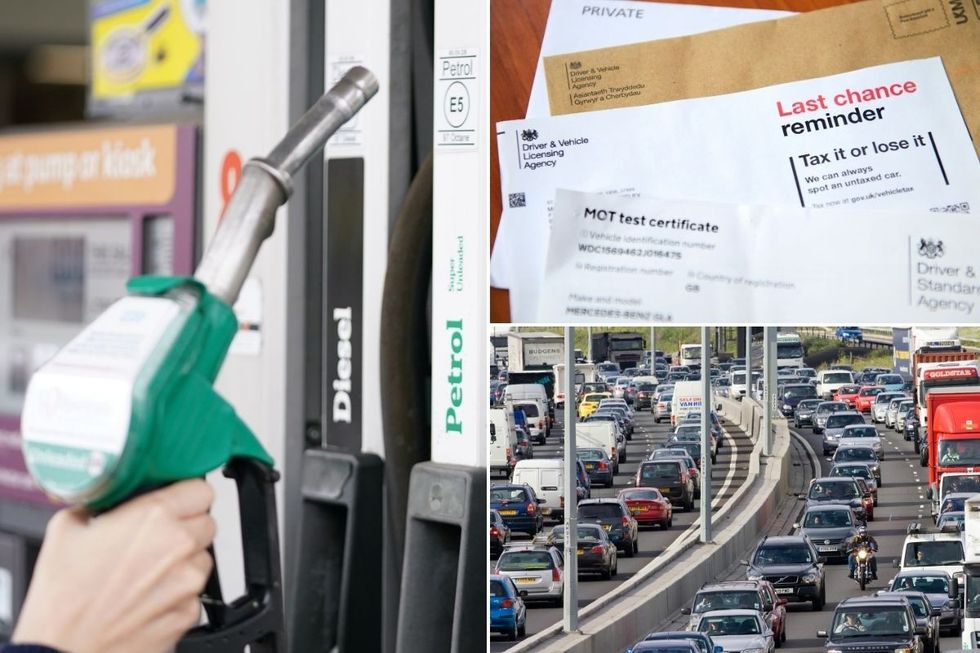
Drivers face a number of new changes in Wednesday's Autumn Statement
|PA/GETTY
At present, petrol and diesel prices are 5p cheaper thanks to Rishi Sunak's 2022 cut in response to the Russian invasion of Ukraine. This has since been extended twice, most recently in March.
With Labour warning of "tough decisions" in Wednesday's Autumn Statement, many are anticipating that motorists could be impacted by the Chancellor's difficult choices.
It is estimated that the freeze on fuel duty, which has been in place since 2011, has cost HM Treasury around £133billion and could be a starting point to alleviate pressure from the £22billion black hole.
Howard Cox, founder of FairFuelUK, noted how inflation had fallen to 1.7 per cent, mainly due to lower pump prices, despite diesel still being 27p more expensive per litre in the UK compared to Spain.
He added: "Most EU states have consistently recognised that the cost of diesel is the catalyst to lower inflation, so these countries tax hauliers and logistics considerably less.
"Why doesn’t the Treasury ever recognise this? Lower fuel costs mean lower CPI. I have used highly respected independent economic analysis since 2010 to argue that higher fuel taxation costs jobs and business investment, reduces consumer spending, decreases tax receipts, and increases inflation."
Cox claimed that "most" MPs, including those from Labour, believe that prices at the pump should fall, although a "fiscal amnesia" sets in once they become a minister.
The report from FairFuelUK also found that only 17 per cent of people support a pay-per-mile system of road pricing, while 29 per cent said they would only support these measures if they replace fuel duty.
While a spokesperson from HM Treasury told GB News that the Government had no plans to introduce road pricing, many are predicting that such schemes could be rolled out in the coming years to cover losses from fuel duty.
Think tanks have forecasted that the Government could lose as much as £35billion in the coming years from fuel duty as more drivers switch to electric vehicles, which do not need to pay fuel duty.
As a result, electric vehicles will be required to pay Vehicle Excise Duty (VED) from April 2025 onwards, to create a fairer system of taxation, as announced by former Chancellor Jeremy Hunt.
One of the survey participants, Angus from Eilean in Scotland, said: "I live in a very rural area, and the nearest meaningful shop and fuel pump is 12 miles away. If I need a packet of screws from Jewsons, that makes it a costly purchase as shops here are not 'just around the corner'.
LATEST DEVELOPMENTS:
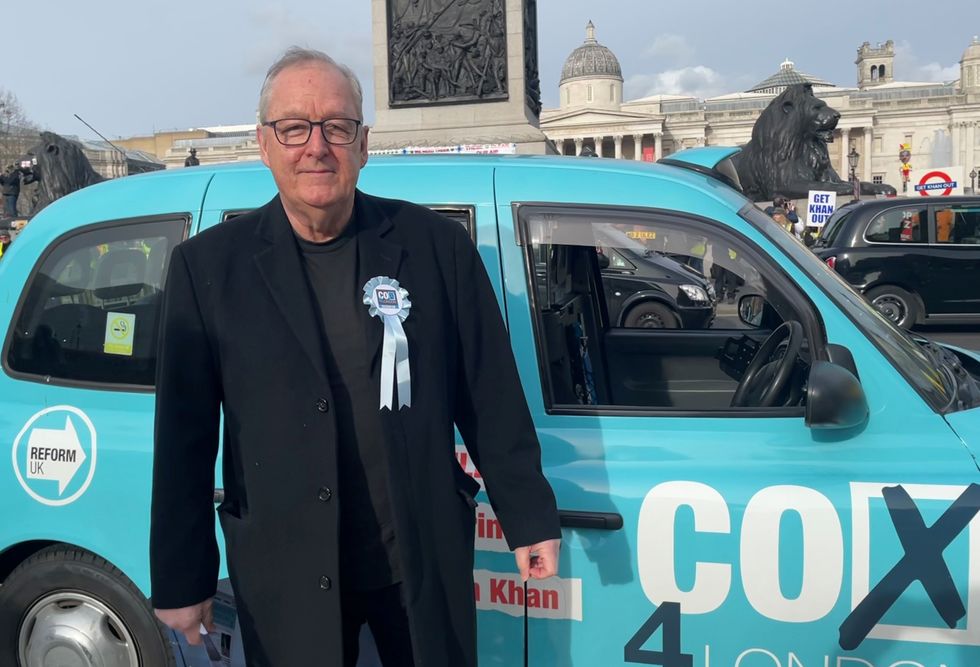
Howard Cox questioned why diesel in the UK was so expensive compared to other European countries
| PA"The high costs of living in rural areas drive down enterprise and profitability, and a rise in fuel duty just tightens the screw, meaning organisations in rural areas do not reach their full potential and cannot bring in a good level of VAT to the Treasury."
Another motorist, Ann from Carmarthenshire, added: "As I live in a rural area of South Wales, I have no option but to use my car to get to work as bus service is very limited and puts extra costs on running a car."
She questioned whether there was any point in working shifts when the cost of running a car is so expensive and continues to rise.


